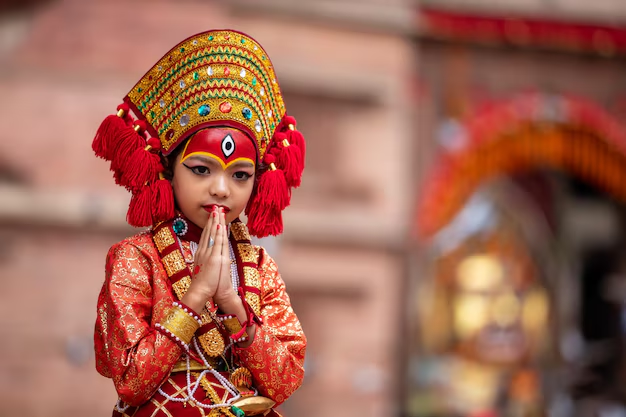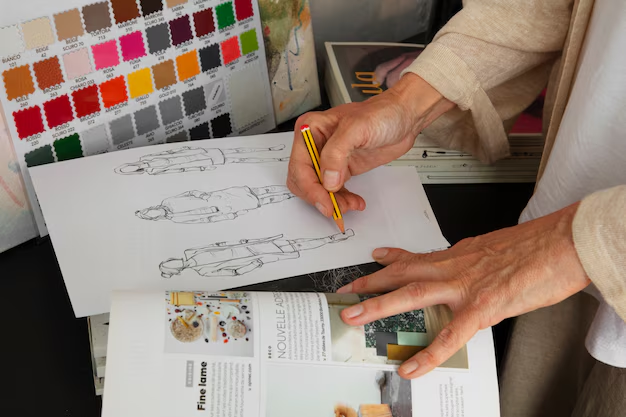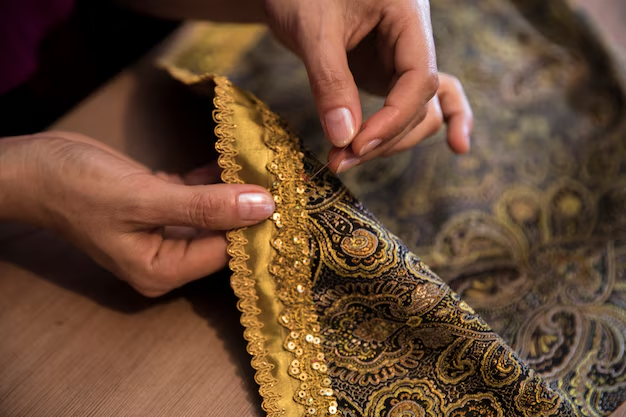
Culture is the heartbeat of societies, influencing how we live, think, and interact with each other. It encompasses a wide array of elements, from language and customs to art, food, and social practices. Each culture is unique, shaped by geography, history, religion, and social structures. The world is home to thousands of diverse cultures, each offering distinct ways of life and perspectives on what it means to be human. In this article, we embark on a journey to explore global culture, highlighting some of the most fascinating traditions from various corners of the world.
The Importance of Culture in Shaping Identity
Culture is integral to our identities. It defines how we see ourselves, how we relate to others, and how we engage with the world. Our values, beliefs, and customs are deeply rooted in the culture we grow up in, and they shape our worldviews and experiences. For example, a person raised in a community where respect for elders is paramount may approach relationships with a deep sense of reverence. Similarly, traditions such as festivals, dances, and rituals often define important milestones in people’s lives, such as birth, marriage, and death.
Across the globe, cultural practices vary greatly, and this diversity is what makes the world so rich and colorful. From the vibrant celebrations in Brazil to the meditative tea ceremonies in Japan, the variety of cultural expressions is vast and endlessly fascinating.
A Glimpse into Diverse Cultural Traditions
- Brazil – Carnival: A Celebration of Life and Music
In Brazil, Carnival is one of the most iconic cultural events. This lively festival, held annually before Lent, is a grand celebration that features samba music, dancing, colorful costumes, and parades. The Carnival of Rio de Janeiro is especially famous, attracting millions of visitors from around the world. The event serves as a moment for people to embrace joy, unity, and cultural pride. It is a display of Brazil’s African, Portuguese, and indigenous heritage and has become a symbol of the country’s cultural identity.
- Japan – Tea Ceremony: A Ritual of Harmony
In Japan, the traditional tea ceremony (known as chanoyu or sado) is much more than just drinking tea. It is an intricate ritual that embodies values like harmony, respect, purity, and tranquility. Participants prepare and serve powdered green tea (matcha) in a serene setting, paying attention to every detail. The tea ceremony is deeply rooted in Zen Buddhism and is a meditative practice designed to create mindfulness and appreciation for the present moment.
- India – Diwali: The Festival of Lights
In India, Diwali is one of the most widely celebrated cultural festivals. Known as the Festival of Lights, it marks the victory of light over darkness and good over evil. People celebrate Diwali by decorating their homes with oil lamps (diyas), bursting fireworks, exchanging gifts, and preparing traditional sweets. Diwali is a time for family gatherings and spiritual reflection, and it is celebrated by millions of people of Hindu, Sikh, Jain, and Buddhist faiths across India and around the world.
- Morocco – The Art of Henna: Body Art as Expression
In Morocco, henna art is not only a beauty practice but also a cultural tradition that carries deep significance. It is commonly used during celebrations such as weddings, religious festivals, and rites of passage. Henna, a natural dye made from the leaves of the henna plant, is applied to the hands, feet, and sometimes the body in intricate patterns. These designs are believed to bring good luck, protect against evil spirits, and symbolize beauty and femininity. Henna art in Morocco is a form of creative expression passed down through generations.
- Scotland – Highland Games: A Celebration of Strength and Heritage
The Highland Games in Scotland are a time-honored tradition that celebrates the country’s Gaelic heritage. These events, which take place throughout the year, feature a series of athletic competitions, including caber tossing, tug-of-war, and hammer throwing. The games also include dancing, bagpipe music, and traditional Scottish food. They are not just athletic contests but also a celebration of Scottish pride, history, and community.
The Impact of Globalization on Cultural Traditions
As the world becomes more interconnected through globalization, cultures are increasingly influencing one another. Technology, travel, and communication allow people from different parts of the world to share ideas, art, and traditions. While this has led to a broader exchange of cultural practices, it also poses challenges in preserving cultural heritage. Many traditional practices face the risk of being diluted or forgotten as cultures adopt elements of one another, particularly in urban areas where Western influences dominate.
However, globalization has also created opportunities for cultural exchange, where people can learn about and appreciate the diversity of traditions. Festivals, cultural exhibitions, and international collaborations allow for a deeper understanding of the world’s varied customs and encourage respect for cultural differences.
FAQs About Global Culture and Traditions
- What is the role of culture in society? Culture plays a critical role in shaping social norms, values, and behaviors. It defines how people interact with one another and influences their worldview, guiding everything from daily routines to important life decisions.
- How do cultural traditions differ across countries? Cultural traditions vary widely depending on geography, history, religion, and social structures. For example, food traditions, clothing, religious ceremonies, and family structures differ from one culture to another.
- What are some examples of cultural celebrations? Examples include the Brazilian Carnival, India’s Diwali, Chinese New Year, the Japanese tea ceremony, and the Scottish Highland Games. Each of these celebrations highlights unique cultural values and practices.
- Can cultural traditions change over time? Yes, cultural traditions evolve as societies change. While some traditions may remain unchanged for generations, others may adapt or merge with new practices due to external influences or changing values.
- Why is it important to preserve cultural traditions? Preserving cultural traditions helps maintain a connection to our past, reinforces community bonds, and fosters a sense of identity. It allows future generations to understand their heritage and carry forward practices that are meaningful.
- How can globalization affect cultural diversity? Globalization can lead to the blending of cultures, which may result in the loss of unique practices. However, it can also facilitate cultural exchange, promoting understanding and respect for diverse traditions.
- What is cultural appropriation? Cultural appropriation refers to the adoption of elements of one culture by members of another culture, often without proper understanding or respect. This can lead to the commercialization or misrepresentation of cultural practices.
Conclusion
Exploring global culture is a journey that unveils the diversity and richness of human traditions across the world. Each culture has its own set of values, beliefs, and customs that define how people live, celebrate, and interact with one another. As globalization continues to shape our world, it is important to embrace the beauty of cultural diversity while also ensuring that traditions are preserved for future generations.
Key Takeaway
Global culture is a tapestry woven from the diverse traditions, customs, and beliefs of different societies. While the world becomes more interconnected, it is crucial to appreciate and respect cultural differences, recognizing that each culture adds a unique thread to the fabric of humanity. By celebrating cultural diversity, we foster greater understanding, unity, and appreciation for the shared human experience.



